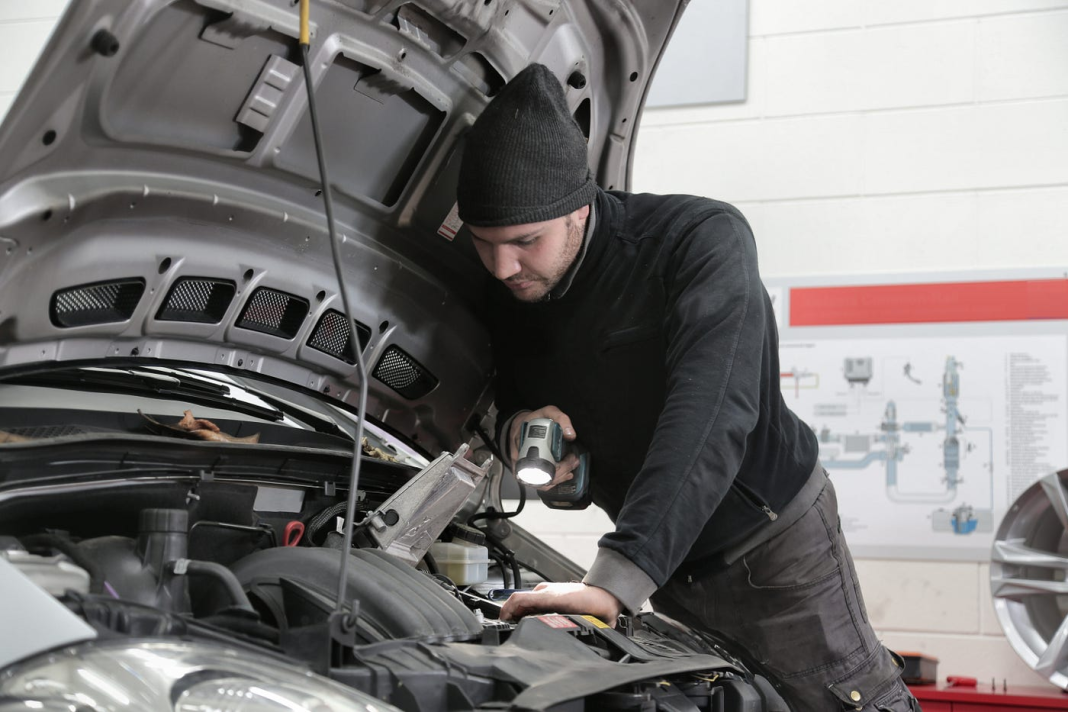The auto repair industry is experiencing a significant shift towards sustainability. Embracing green methods is good for the environment and benefits businesses through cost savings, customer loyalty, and brand image.
Taking steps to go green can reduce waste, operations, and liability insurance costs while showing your customers that you are a socially conscious business. Here are a few simple ways to do just that:
Recycle Water
To minimize environmental impact, car repair like Lynnwood WA, can take several measures. These include reducing electricity consumption and utilizing eco-friendly materials. They can also use intelligent technology to optimize energy usage and promote renewable energies.
Car repair facilities can use recycled water for washing vehicles and parts to reduce waste and conserve natural resources. They can install high-pressure, low-flow washing systems and collect rainwater for non-potable uses. Lastly, they can install shut-off nozzles on hoses to prevent water wastage and leaks.
Moreover, they can promote carpooling and public transportation among employees and customers to reduce vehicle emissions and fuel consumption. Finally, they can provide training for hybrid and electric vehicle maintenance to contribute to a sustainable future. The green movement isn’t just a trend; it’s a powerful wave that can significantly benefit the auto repair industry.
Invest in Energy-Efficient Tools
Purchasing energy-efficient compressors, diagnostic equipment, and other tools reduce the electricity needed to operate them. Similarly, using low-flow washing systems, collecting rainwater for non-potable uses, and using shut-off nozzles on hoses reduces water waste.
Sustainable shop practices also minimize harmful chemicals in cleaning vehicles and parts. This can be achieved by using green products like biodegradable lubricants, non-toxic cleaners, and recycled materials.
Keeping cars in optimal condition requires regular maintenance and frequent fuel efficiency checks. These practices help improve gas mileage and reduce emissions, resulting in less waste.
Buy in Bulk
Purchasing wholesale parts in bulk is an easy way to reduce packaging waste and save money. This applies to everything from metal scraps to high-use oils. When negotiating pricing, ask for a quantity discount and consider buying recycled or bio-based options. Similarly, shop owners can switch to less toxic cleaners such as aqueous-based or filtered parts washers and spray formulas instead of aerosols.
Keeping vehicles in good working condition reduces the need for expensive repairs and replacements, which is excellent environmental news. Moreover, properly maintained vehicles tend to have longer lifespans, reducing the need for new cars. Lastly, shifting to electric vehicles (EVs) helps reduce carbon emissions significantly.
Recycle Waste Materials
One of the most essential parts of being eco-friendly is having a proper disposal system for waste materials. This includes recycling tires, batteries, and fluids and reusing and repurposing components like catalytic converters, core parts, oil filters, and glass.
Reusing these types of parts saves on the cost of new production while eliminating the need for landfill space. Incorporating these practices helps to minimize the shop’s environmental impact and aligns it with sustainable consumers.
Other ways to go green include learning DIY car maintenance and scheduling efficient routes to reduce fuel consumption. This reduces vehicles’ idle time, lowering emissions and fuel costs. Practicing efficient driving is essential, as aggressive driving burns more fuel than necessary and harms the environment.
Use Re-Refined/Recycled Oils
Used oil, which includes transmission fluid and lubricating oil, can be recycled. This keeps it out of landfills and prevents waste from entering rivers, lakes, or oceans. Re-refining used oil produces high-quality lubricant for use in cars and other machinery.
Shops that use re-refined or recycled oils show customers their commitment to the environment and help them save money by reducing their energy bills. Many mechanics also choose non-toxic cleaners, low-flow parts washers, and shut-off nozzles for hoses to minimize water consumption.
Green mechanics use reusable products, such as biodegradable lubricants and non-toxic cleaning materials, to reduce their environmental footprint. They recycle paper, plastic, and metal scraps, purchase parts in bulk, and implement efficient energy-saving practices like LED lighting and monitoring water usage.


